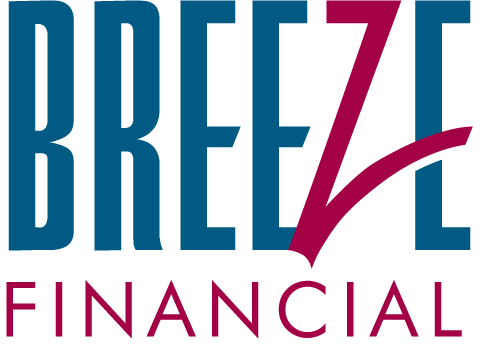5 Tips for Financial Independence in Retirement
5 Tips for Financial Independence in Retirement
Many people are concerned about financial independence as they approach retirement. Whether you’re a decade away from retirement or it’s near, there is no better time to implement these five tips than now.
1. Save and invest consistently.
Consistent saving and investing is the first step toward an independent retirement. Even if you start with a modest amount, the power of compound interest can significantly grow your savings over time. Ensure that you increase your savings rate as your earnings rise. Diversify your investment portfolio and always consider your risk tolerance, financial needs, and the time you have before retirement to save.
2. Participate in employer-sponsored retirement plans.
If your employer offers a 401(k), a 403(b), or a similar retirement plan, take full advantage of it. These plans provide an excellent opportunity to accumulate tax-deferred savings. Most companies also match some employee contributions, providing additional monies towards your retirement savings. Always aim to contribute at least enough to receive the full company match – it’s part of your compensation.
3. Use annuities and life insurance for retirement income
During your working years, you can contribute to a 401(k) plan, IRA, and Roth IRA and pay premiums on a whole life insurance policy. When you retire, you can purchase an annuity using your 401(k) monies and use your whole life insurance as a source of retirement income.
An annuity is a contract between an insurer, an insurance company, and a contract owner that requires the issuer to make a lump-sum payment immediately or a series of payments over the contract owner’s life. Since annuities are purchased with pre-tax monies, withdrawals will be taxed as regular income.
Withdrawals on whole life insurance premiums are tax-free, and the policy’s accumulation can also be withdrawn tax-free but only when taken as a policy loan. Since interest on the loan will accumulate, it’s vital to understand how policy loans work.
You must consult insurance, financial, and tax professionals to determine whether these strategies are appropriate for your situation.
4. Mitigate debt.
One of your planning goals should be entering retirement debt-free. As you near retirement, focus on paying down high-interest debts like credit card balances. Consider accelerating payments towards your mortgage and other long-term loans. Reducing debt not only aids independence but also decreases the monthly income required in retirement.
5. Create a retirement budget.
Understanding how much you will most likely need to maintain your desired lifestyle in retirement is essential. Detail your projected expenses and retirement income streams and check that they can cover your costs. A financial professional can help you calculate these future expenses, considering retirement savings, payments, inflation, etc.
Developing a retirement budget will give you a realistic picture of your financial situation today to make any necessary adjustments.
In conclusion, independence in retirement is no small feat, but with careful planning and disciplined execution, it’s manageable. Start early, save consistently, take advantage of employer-sponsored plans, plan for healthcare costs, mitigate debt, and create a retirement budget.
Consider seeking guidance from insurance and financial professionals to help you plan for a confident and independent retirement.
SWG3811069-0824A This information is provided as general information and is not intended to be specific financial guidance. Before you make any decisions regarding your personal financial situation, you should consult a financial or tax professional to discuss your individual circumstances and objectives. The sources used to prepare this material are believed to be true, accurate and reliable, but are not guaranteed.
Breeze Financial, LLC offers insurance services and products to individuals and businesses. We employ Certified Financial Planners, independent life and health insurance brokers, licensed insurance consultant. As an Investment Advisory Representative of Accurate Wealth Management, LLC offers fee based financial planning and investment programs. Contact us today to get started and begin your financial plan.






